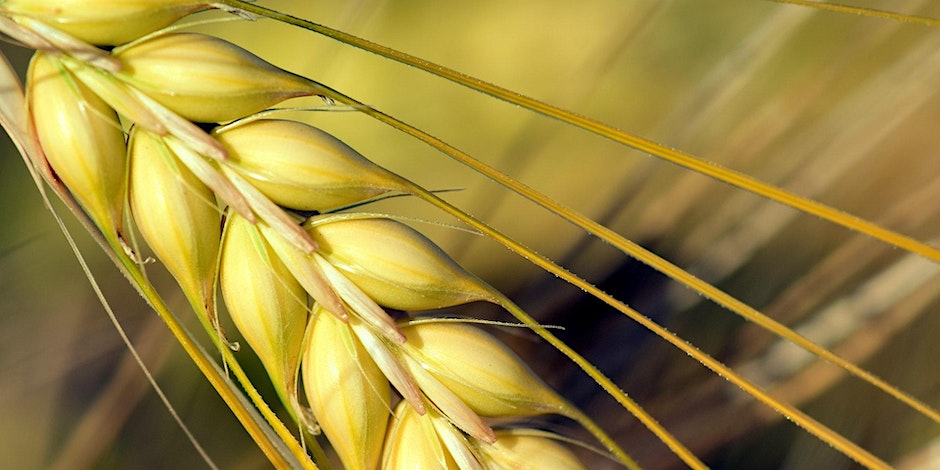Speakers: Prof Dr François Belzile
Speaker bio:
“While trained as a plant molecular geneticist and initially working on DNA repair and recombination genes in the model plant Arabidopsis thaliana, over the last 20 years, my lab has been interested in using genomics to develop novel approaches in plant breeding, mainly in soybean and barley. I aim to act as a bridge and a facilitator between the lab-based genomic sciences and their numerous applications in the development of new and improved crop varieties. We are working closely with industry partners to jointly develop and implement genomics-informed breeding programs.” – Prof Dr François Belzile
Summary:
The genetic characterization of germplasm accessions and breeding lines requires genotyping tools that differ quite considerably. Typically, a very large number of anonymous markers are needed to measure genetic relatedness/distance within sets of germplasm and to carry out high-resolution genome-wide association studies (GWAS) to identify the genomic regions controlling a trait of interest. Such dense marker coverage is also required to identify haplotypes at known genes or candidate genes for traits of interest. As there are a limited number of accessions that warrant such a detailed genetic characterization, cost is not always the foremost consideration. At the other end of the spectrum, breeding lines are generated yearly on a very large scale and very low per-sample cost will be a prime necessity. Furthermore, the specific needs in terms of markers are quite different. For most breeding programs, a scarce genome-wide coverage will be sufficient to inform breeding decisions on the basis of genomic prediction approaches, but additional gene-/trait-specific information will be required. In this talk, I will explore how customized genotyping-by-sequencing (GBS) solutions can be used in barley genetics and breeding.

